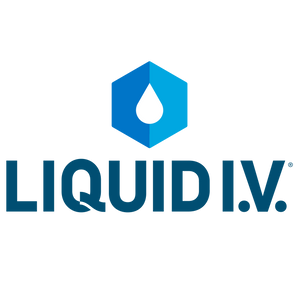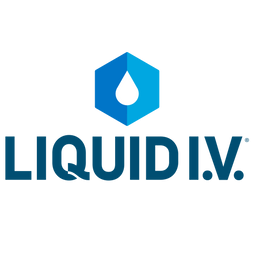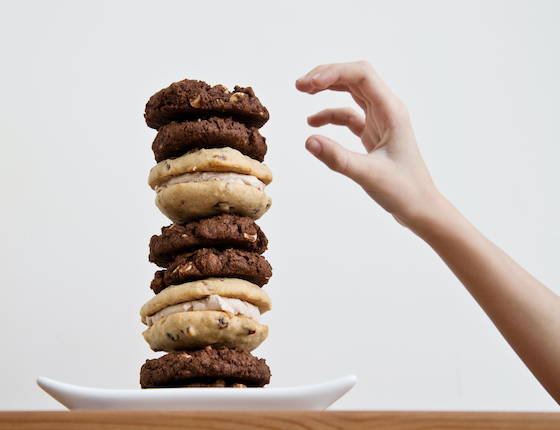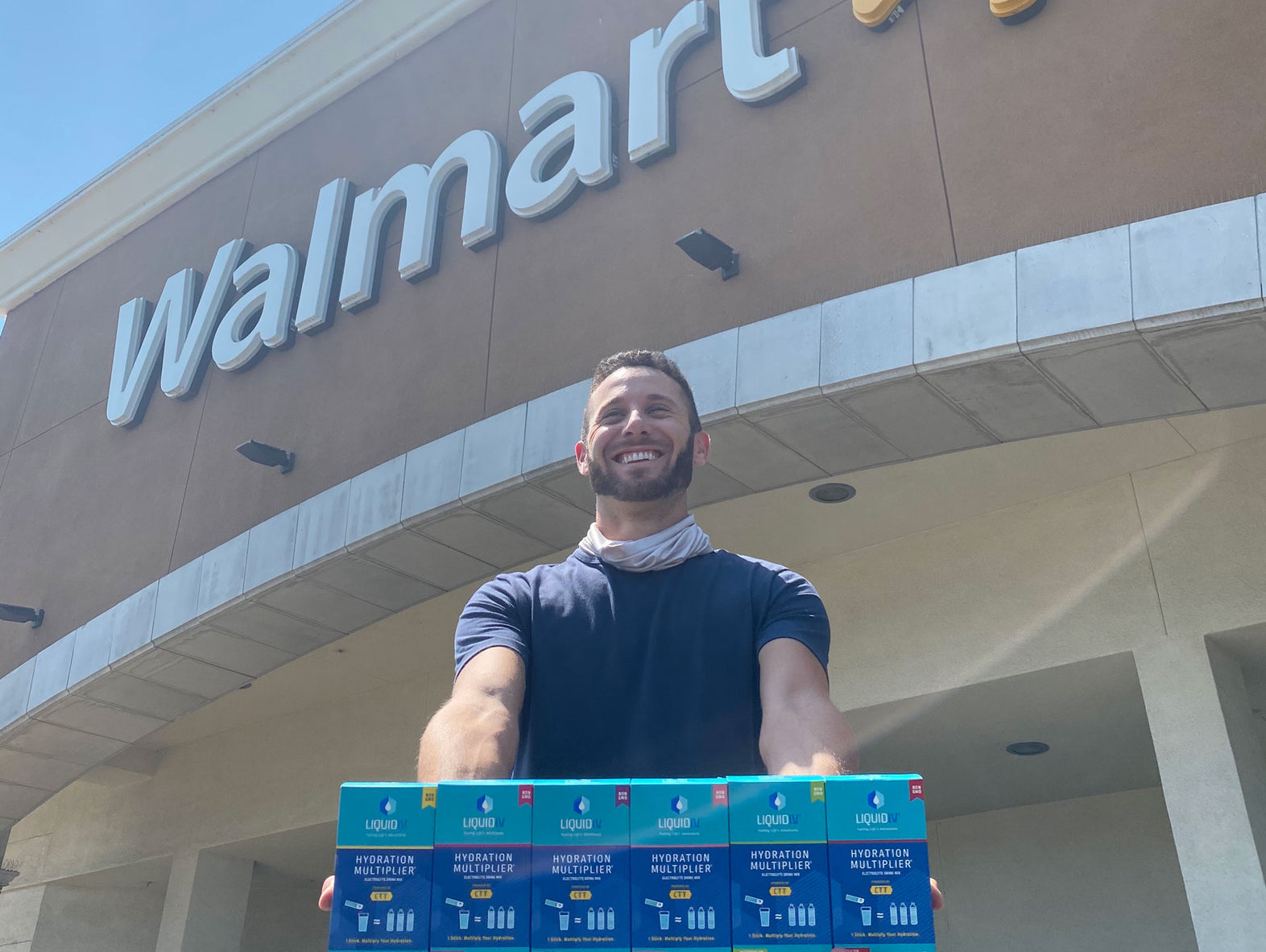The Importance of Hydration for Seniors
Hydration is not just for athletes and young, active professionals. Among seniors, dehydration is a hidden risk that can compound health problems and cause severe complications. If you are caring for a loved one, or are an elder yourself, make sure to pay attention to the signs of dehydration and be proactive about staying hydrated. This short blog offers some insights on dehydration among seniors, and what we can all do to prevent dire health consequences with proper hydration.
Dehydration Among Seniors
As people age, hydration becomes extremely crucial to health maintenance. Staying on top of your fluid intake helps to upkeep the body’s water balance. Unfortunately, as the need for hydration increases, the body’s awareness of this need decreases. For seniors, the body’s mechanisms for thirst regulation becomes more fragile, resulting in an inadequate intake of fluids for many. Dehydration is a common, yet dangerous condition for the elderly. Research indicates that 48% of older individuals admitted to the hospitals for emergency treatment showed signs of dehydration. A change in thirst regulation empowers the individual to participate in decreased water consumption, contributing to the overall issue of dehydration.
As you age, your body’s water weight will decline due to a loss of muscle mass. All the while, the kidneys become less efficient, causing the body to require more water to remove the same amount of toxins from the bloodstream. Essentially, your body acquires a need for a higher volume of water as you age.
Due to these changes, the risk for dehydration escalates, increasing the possibility of reduced or loss of consciousness, lowered blood pressure, and potentially even more fatal consequences. In addition, dehydration can causes issues with breathing, headaches, cramps, and bloating.
Due to these changes, the risk for dehydration escalates, increasing the possibility of reduced or loss of consciousness, lowered blood pressure, and potentially even more fatal consequences. In addition, dehydration can causes issues with breathing, headaches, cramps, and bloating.
Eldercare Should Include Hydration Plans
With changes in thirst regulation contributing to a decrease in water intake and the body’s growing need for hydration, it is extremely important for seniors to find and create a routine for frequent and consistent fluid intake. Whether you are the caretaker for an elderly individual, or you’re a senior yourself, these tips will help you to put together an effective hydration plan:
-
Practice fluid intake throughout the day. Don’t wait until you’re feeling thirsty before drinking water! To avoid incontinence, space out your drinking, planning for small amounts of fluid intake during each time span, and limit drinking before bedtime.
-
Hydrate using your meals and snacks. Fresh fruits, vegetables, and certain dairy products are high in water and can help with maintaining adequate fluid intake.
-
Monitor for dehydration. When thoroughly hydrated, urine color should be clear or pale yellow. Regent strips for urine analysis, offered at the local pharmacy, are also an option. Warning signs can include dizziness, headaches, dry skin, and cramping. When early signs of dehydration are detected, replenish your body with water or a balanced electrolyte drink like Liquid I.V.
Maximize Your Hydration Efforts
Once you or your senior have thoroughly hydrated, what better to do than to make sure those fluids stay in tact. Take that extra step to minimize habits that can cause the body to dehydrate faster. Here are tips for helping your body stay hydrated:
-
Reduce alcohol and caffeine intake. These types of beverages have a diuretic effect and cause your body to excrete water.
-
Cut down on savories and sweets. Salty foods will require excess water to flush any extra sodium out your system while sweets can lead to water loss by impairing enzyme function, decreasing your body’s water storing capacity.
-
Reduce alcohol and caffeine intake. These types of beverages have a diuretic effect and cause your body to excrete water.
-
Cut down on savories and sweets. Salty foods will require excess water to flush any extra sodium out your system while sweets can lead to water loss by impairing enzyme function, decreasing your body’s water storing capacity.
-
Stay informed about medication side effects. Certain medications, like those for heart disease or depression, can alter thirst regulation and make you susceptible to dehydration. Consult your doctor to make sure your medications won’t require you to increase your fluid intake.
By maximizing hydration efforts and putting together a hydration plan, the ramifications of dehydration for seniors can be prevented all together. Taking the proper steps to manage fluid intake will make a world of difference in your elder’s wellness.





